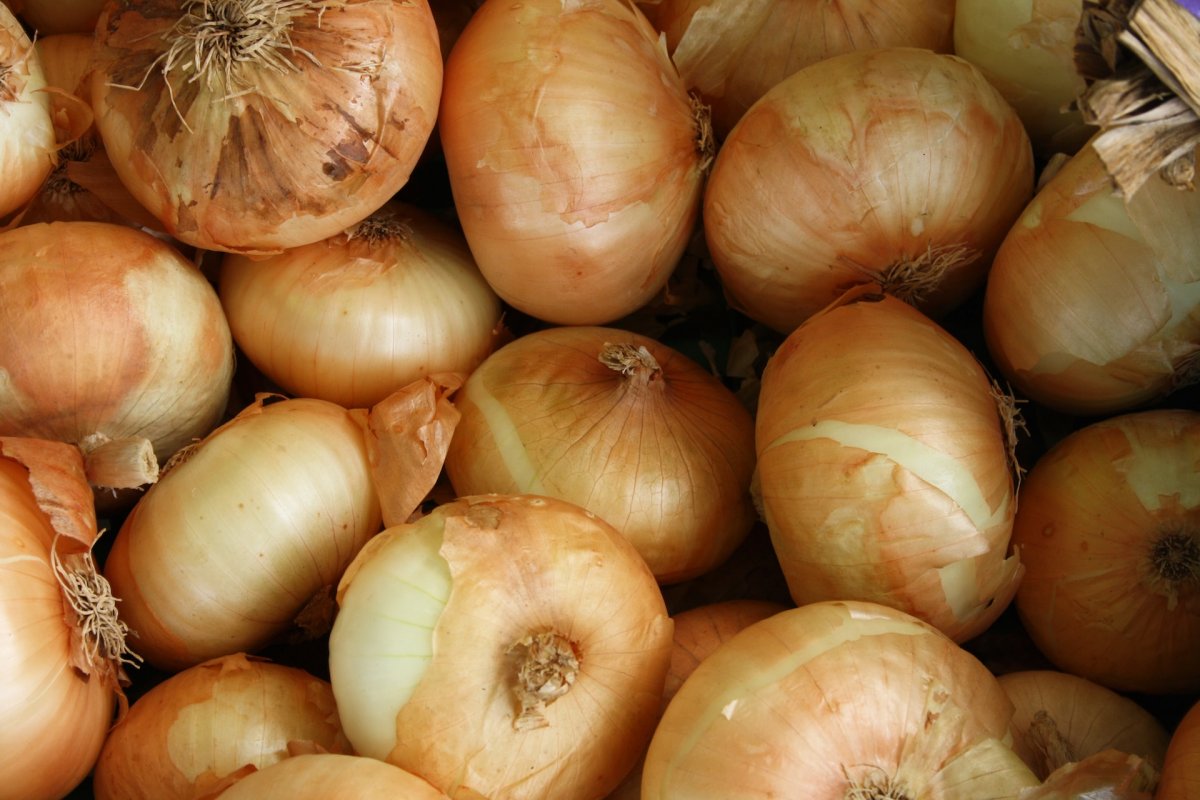
Plant foods can affect your intestinal flora, brain and appetite. Products with large amounts of indigestible fiber are especially beneficial. What they are and what they do to the body.
Fiber consumed in food, such as vegetables and fruits, not only stimulates digestion, but also helps against food cravings and obesity, as shown by clinical studies.
“Fiber changes the composition of our gut flora and the signals it sends to our brain. This in turn affects reward signals in the brain and reduces our desire to eat.P< b>rebiotics (indigestible fiber) can help obese people lose weight,” says gastrotrologist Alexandra Alisova specifically for MedicForum.
Indigestible fiber acts as a prebiotic, promoting the growth and activity of beneficial bacteria in our intestines.
They are found mainly in products of plant origin, such as:
- Onions
- Leeks
- Artichokes
- Wheat
- Bananas
- Chicory root.
“Our gut flora, in turn, influences certain brain functions and behaviors: the gut and brain communicate with each other through metabolic products such as short-chain fatty acids and peptide hormones, which can cross the blood-brain barrier.”
Research shows that gut flora can influence our appetite, mood, and even our motivation to exercise.
What do prebiotics do in the body?
A group of scientists studied the effect of plant fiber on eating behavior and the brain of overweight people. In the study, 59 mildly overweight young adults (BMI 25 to 30) were given 30 grams of the chicory-derived prebiotic inulin or a placebo drug every day for 14 days.
One group first received a prebiotic, then a placebo, and the second group received the drugs in the reverse order.
Using functional magnetic resonance imaging(fMRI), scientists recorded the brain activity of subjects while showing them images of various healthy and unhealthy foods and foods. Subjects were asked to indicate how much of this food they would like to eat after the experiment.
The brain is less responsive to food stimuli
There were differences in brain activity: oReward-related brain areas were less active during evaluation foods shown after subjects consumed prebiotic fiber.
As a result, overall they expressed less desire to eat in the survey than after taking the placebo. However, this did not change the choice of food consumed in the future.
“Stool tests showed an effect on the intestinal flora. Among other things, after the introduction of prebiotics, the composition of the so-called Firmicutes changed towards a greater number of lactobacilli. In addition, an increase in the number of actinobacteria was observed, producing short-chain fatty acids,” Alisova comments on the study.
However, the researchers no longer found these fatty acids in the stool or blood of the subjects after taking prebiotics. They also found no changes in blood levels of gut hormones and markers of inflammation and sugar metabolism.
Do prebiotics lead to healthier diets?
Results show that high doses dietary prebiotics can influence our eating behavior and appetite. They alter our intestinal flora so that their messenger substances and signals weaken the response of our reward system to high-calorie and unhealthy food stimuli.
“The results suggest a potential link between gut health and brain function, in this case, food decisions.”
MedicForum previously wrote about an unusual symptom of a diseased liver.
Important! Information is provided for reference purposes. Ask a specialist about contraindications and side effects and under no circumstances self-medicate. At the first signs of illness, consult a doctor.
